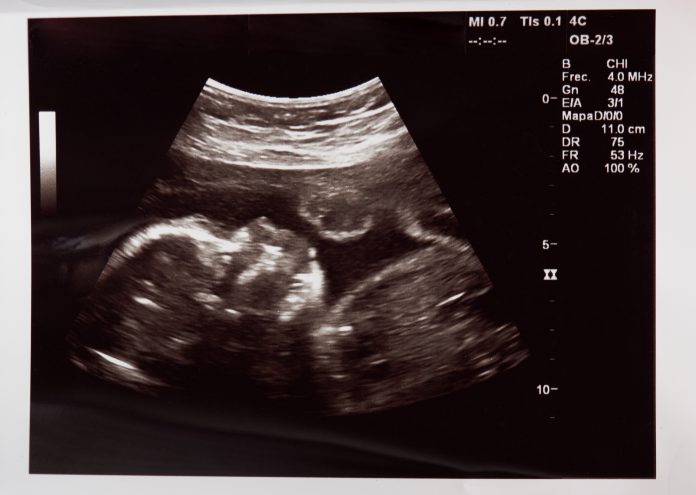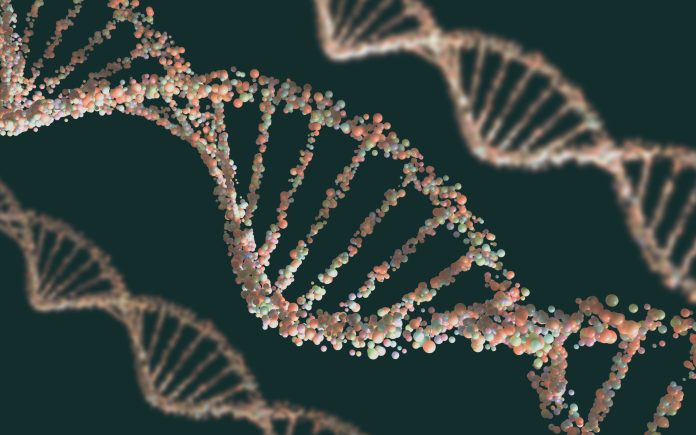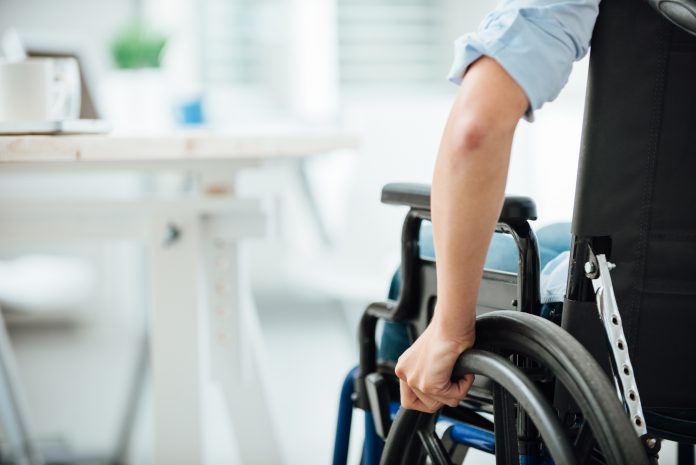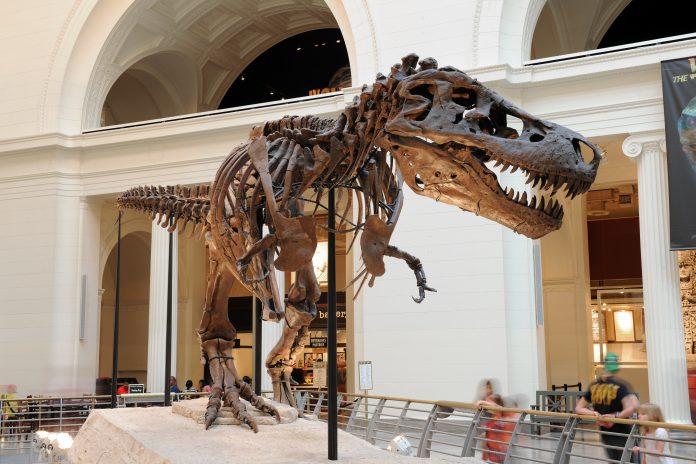Open Access Government produces compelling and informative news, publications, eBooks, and academic research articles for the public and private sector looking at health, diseases & conditions, workplace, research & innovation, digital transformation, government policy, environment, agriculture, energy, transport and more.
Home Search
lead - search results
If you're not happy with the results, please do another search
A revolution in AI: diagnosing cystic hygroma early on
A unique Artificial Intelligence-based deep learning model can identify birth defects in fetal ultrasounds early on .
Turn it off! EU energy rationing and Russia
Energy rationing is on the cards as Russia continues to use energy as a weapon by limiting supplies in response to EU sanctions.
Clean tech projects get a €1.8 billion boost through the EU Innovation Fund
In an effort to help bring breakthrough technologies to the market, the EU has chosen to invest €1.8 billion in 16 large-scale innovative clean-tech projects under the third round of awards under the Innovation Fund.
Drone chemotherapy becomes an NHS net zero cancer strategy
NHS cancer patients will be the first to experience drone chemotherapy, which furthers the NHS net zero strategy, as it cuts down travel time and distance.
Europe’s Nature Restoration Law to repair damaged ecosystems by 2050
The Nature Restoration Law aims to restore damaged ecosystems and bring nature back across Europe, as well as reduce the use and risk of chemical pesticides by 50% by 2030.
Is a sore throat the most accurate indicator of COVID?
COVID-19 is considered "too clever" - it is constantly evolving and mutating and resisting our immune defences.
The Decision-Making Guide to taking HRT
In this exclusive guide to HRT, menopause specialist Dr Deborah Lee, Dr Fox Online Pharmacy, explores the ups and downs involved in the decision to start taking HRT
Computerized DNA motors are moving molecular robotics to the next level
Researchers have developed DNA motors with the ability to sense and process chemical information – mimicking the basic properties of living cells
85% of UK disabled workers are more productive working from home
There are numerous benefits of working from home for disabled workers, who have been the worst affected by the COVID-19 pandemic in their careers.
High levels of physical activity do not counteract poor diets
Demonstrating that you cannot "outrun” poor diets, researchers found that exercise only benefits health when complemented with healthy eating.
Sri Lanka protests prompt a state of emergency following an economic crisis
Sri Lanka protests have ousted President Rajapaksa over disputes of the worst economic crisis the country has faced since gaining independence.
Spiritual community participation is associated with better health
Having a spiritual community can help people live healthier lives, with greater longevity, less depression and suicide, and less substance use.
The education system makes us “disconnected from the botanical world”
At a time when plants could help solve global environmental problems, scientists warn we must become more in touch with botanical education.
Migraine drug can boost weight loss by suppressing appetite
Triptans, a commonly prescribed class of migraine drugs, can help with weight loss and treating obesity by suppressing appetite.
Players of video games could have enhanced brain activity through gaming
Players of video games show enhanced brain activity – potentially giving them useful life tools in perceptual decision-making.
Who is the favourite to be next Prime Minister?
With Boris Johnson having reluctantly resigned as Prime Minister, the question on everyone's lips is: who will be the next Prime Minister?
Drinking alone can indicate signs of alcohol use disorder
For young adults, especially women, drinking alone can increase the risk of developing an alcohol use disorder later in life.
How do pandas survive solely on bamboo?
Pandas survive on a diet of bamboo, despite being bears. Why is this? The panda's long evolutionary history offers an answer.
People with obesity have a 55% increased risk of developing depression
Long-term, high-fat diets both expand the waistline and shrink the brain, heightening the chances of mental illness for people with obesity.
Why did the T-Rex have tiny arms?
The discovery of a giant new dinosaur may explain why the T-Rex and so many other prehistoric meat-eaters had such tiny arms.





















